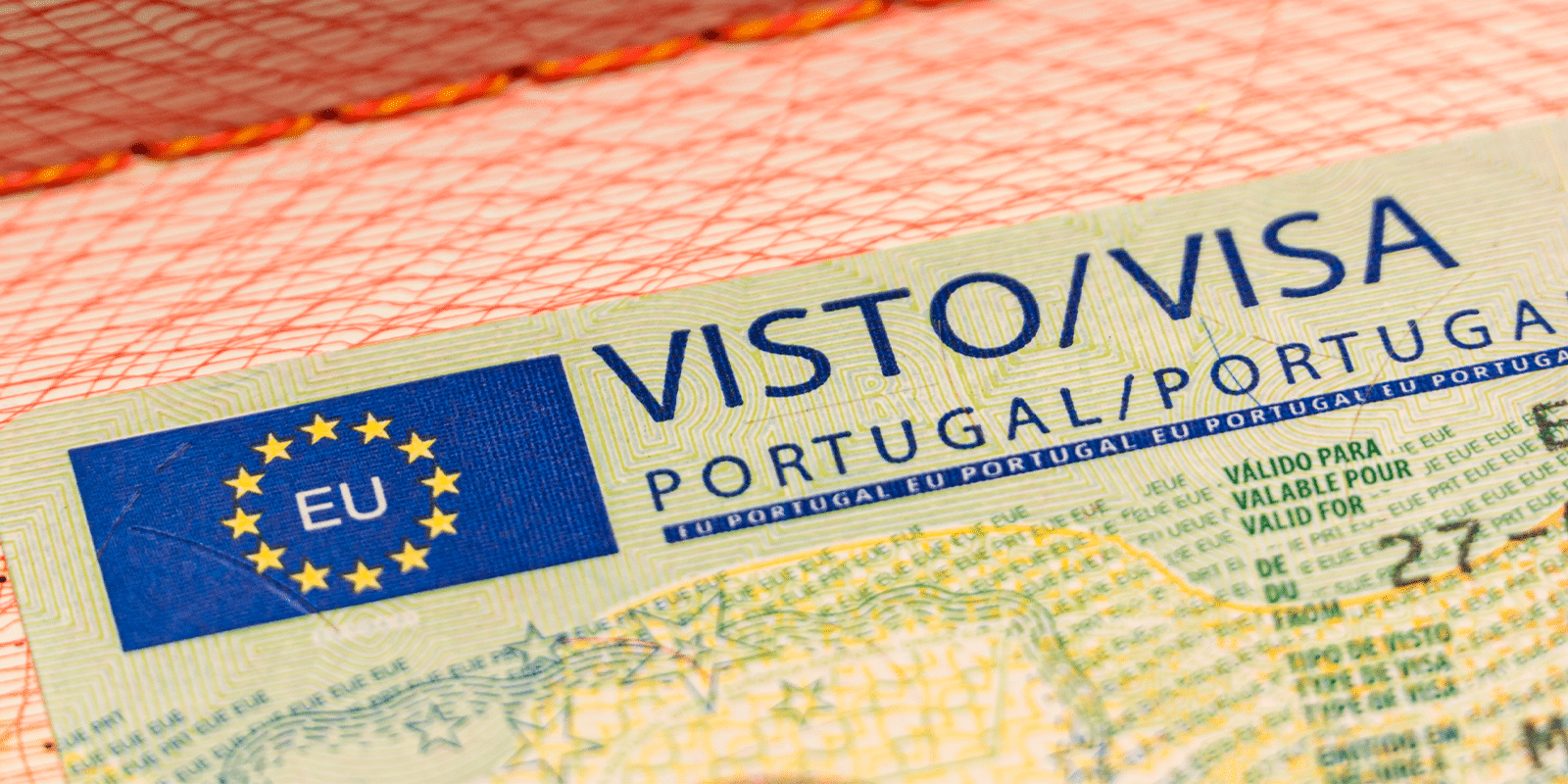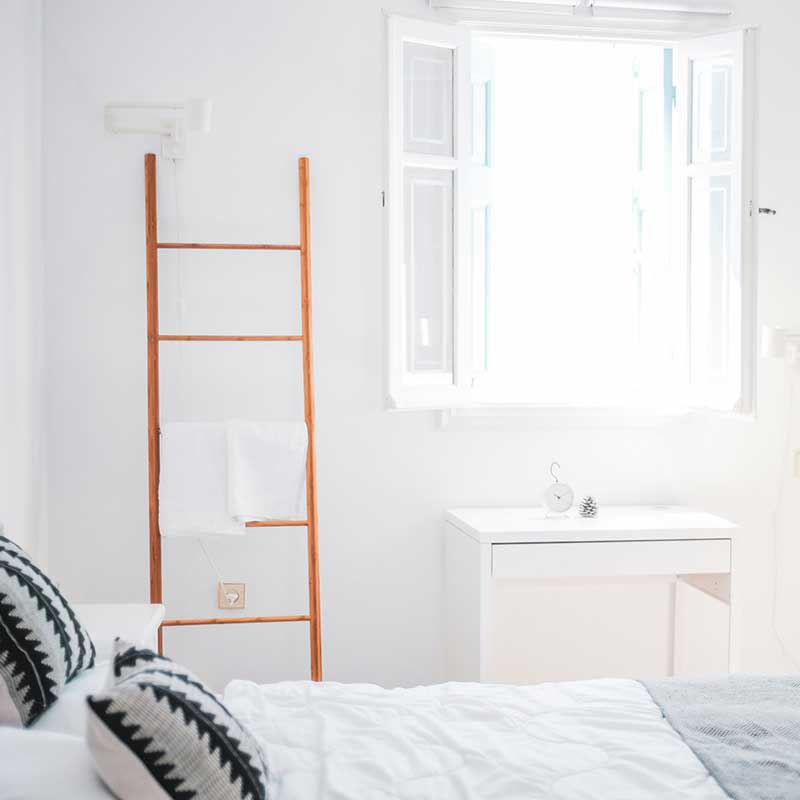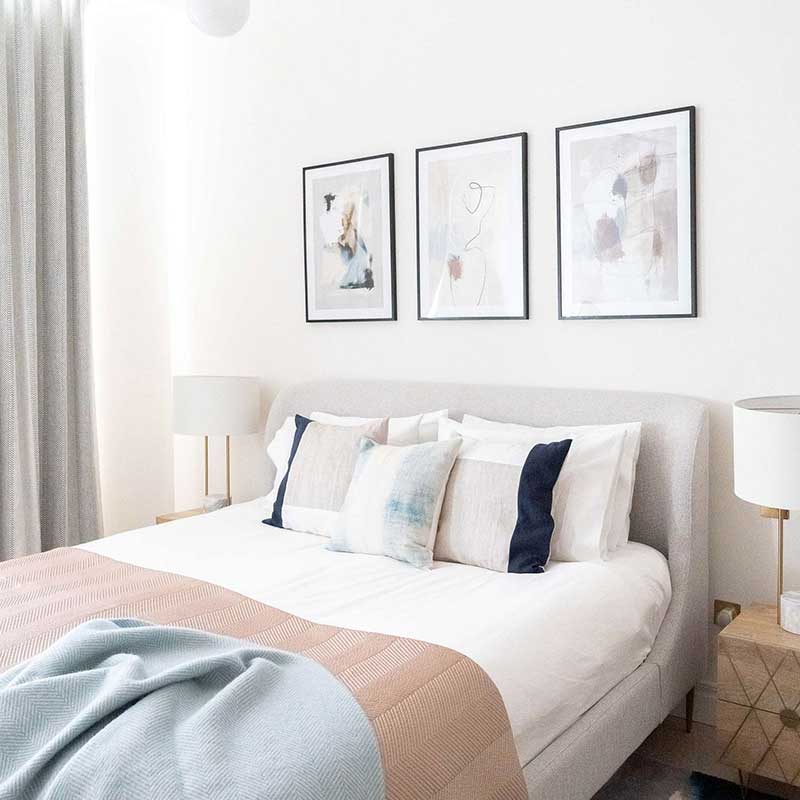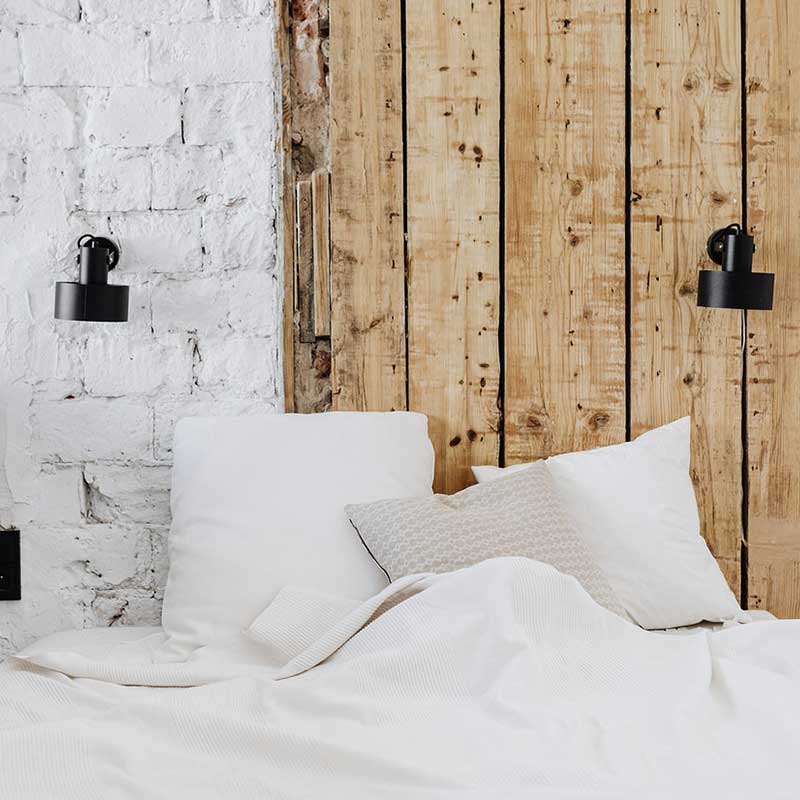1. Introduction to the D7 Visa Portugal
Are you dreaming of moving to Portugal, one of Europe’s most beautiful and culturally rich countries? The D7 Visa Portugal might be your ticket. This visa, also known as the Portugal Passive Income Visa, is designed for non-EU nationals who want to live in Portugal and have a stable income source. From retirees to digital nomads, this visa offers an excellent opportunity to experience the charm of Portugal without the need for a traditional job in the country.

2. What is the D7 Visa Portugal?
The D7 Visa Portugal, introduced in 2007, is a residence permit aimed at individuals who can prove they have a steady passive income. Unlike other visas like the Golden Visa, which requires a substantial financial investment, the D7 focuses on applicants’ ability to support themselves through pensions, remote work, or other regular income streams. It’s a simple and cost-effective way to gain residency in Portugal.
3. Who is the D7 Visa Portugal For?
The D7 Visa is perfect for:
- Retirees: Those with pension income looking for a peaceful and affordable place to spend their retirement.
- Remote Workers and Digital Nomads: People working remotely for companies outside Portugal or running online businesses.
- Passive Income Earners: Individuals with rental income, investments, or other reliable sources of revenue.
4. Key Benefits of the D7 Visa Portugal
The D7 Visa isn’t just a pathway to residency; it comes with some impressive perks:
- Tax Advantages: D7 visa holders may benefit from Portugal’s Non-Habitual Resident (NHR) tax regime, potentially lowering their tax obligations.
- Healthcare Access: The D7 Visa grants access to the Portuguese healthcare system, which is known for its quality and affordability.
- Travel Freedom: The visa allows holders to travel freely within the Schengen Area without additional visas.
5. What are the Portugal Visa Requirements
To qualify for the D7 Visa Portugal, applicants must meet the following Portugal Visa requirements:
- Proof of Financial Stability: Demonstrate sufficient funds to support yourself and your dependents while living in Portugal.
- Health Insurance: You must have private health insurance covering Portugal, at least for the duration of the visa processing period.
- Accommodation: Proof of accommodation in Portugal, such as a rental contract or property deed.
6. Income Requirements for the D7 Visa
One of the most critical aspects of the D7 Visa Portugal is meeting the income criteria. As of now, the minimum monthly income required is equivalent to Portugal’s minimum wage:
- Primary Applicant: Approximately €9,870 per year.
- Additional Adult: 50% of the minimum wage (€4,935 per year).
- Dependent Children: 30% of the minimum wage (€2,961 per year, per child).
Acceptable income sources include pensions, remote work income, rental income, dividends, or savings.
7. Document Checklist for the D7 Visa Application
Here’s what you need to prepare:
- Valid Passport: With at least two blank pages and valid for at least three months beyond the visa’s expiration.
- Income Proof: Bank statements, pension statements, or proof of remote work income.
- Health Insurance: Proof of private health insurance that covers Portugal.
- Proof of Accommodation: A rental agreement, property deed, or invitation letter from a host in Portugal.
- Criminal Record Certificate: Issued by the applicant’s home country within the past three months.
- Visa Application Form: Filled out and signed.
8. Eligibility Criteria for the Portugal Visa D7
To be eligible, you must:
- Reside Outside the EU: The D7 Visa is strictly for non-EU, EEA, and Swiss nationals.
- Prove Financial Stability: Demonstrate a regular passive income or significant savings.
9. How to Apply for the D7 Visa
Here’s a step-by-step guide:
- Gather Documents: Prepare all required documentation, including proof of income, accommodation, health insurance, and a clean criminal record.
- Submit the Application: Applications are submitted at the Portuguese consulate or embassy in your home country.
- Attend an Interview: Some consulates may require an interview to discuss your plans and financial situation.
- Wait for Approval: Processing times vary, typically taking 60-90 days.
- Receive Your Visa: Once approved, you’ll be granted a four-month visa to enter Portugal and complete the residency process.
10. D7 Visa Application Fees
The application fees may vary depending on your home country but generally include:
- Visa Application Fee: Approximately €80.
- Residency Permit Fee: Around €72 (payable upon arrival in Portugal).
11. Processing Time for the D7 Visa
The D7 Visa Portugal application usually takes between 60 and 90 days to process. It’s advisable to apply well before your planned move to Portugal.
12. Tips for a Successful D7 Visa Application
- Accurate Documentation: Ensure all documents are current, correctly translated (if necessary), and authenticated.
- Consular Requirements: Check with the local Portuguese consulate for any specific requirements.
- Health Insurance: Obtain comprehensive health insurance to cover the processing period and your stay in Portugal.
13. After Receiving Your Portugal Visa D7
Once you arrive in Portugal, you must:
- Register with Local Authorities: Schedule an appointment with SEF (Portuguese Immigration and Borders Service) to apply for your residence permit.
- Open a Portuguese Bank Account: Necessary for financial transactions while living in Portugal.
14. Converting the D7 Visa to Permanent Residency
After five years of continuous residency, D7 Visa holders can apply for a permanent Portugal residence permit or even Portuguese citizenship, provided they meet the language and residency requirements.
15. Conclusion
The D7 Visa Portugal offers an incredible opportunity for non-EU nationals to live in Portugal while enjoying numerous benefits. It caters to various individuals seeking a lifestyle change from retirees to remote workers. By meeting the income and documentation requirements, you can embark on a new adventure in one of Europe’s most welcoming countries.
Frequently Asked Questions (FAQs)
Q1: Can I work in Portugal with a D7 Visa?
Yes, while the D7 Visa is primarily for passive income earners, you can work remotely for non-Portuguese companies or run an online business.
Q2: How long is the D7 Visa Portugal valid?
The initial visa is valid for four months, during which you must apply for a residence permit, which is typically valid for one year and renewable for two-year periods.
Q3: Is health insurance mandatory for the Portugal Visa D7?
Yes, private health insurance covering Portugal is mandatory for the visa application process.
Q4: Can family members join under the D7 Visa?
Yes, family reunification is possible. Your spouse, children, and dependent parents can join you if you meet the additional income requirements.
Q5: Is it possible to renew the D7 Visa?
Yes, after the initial residence permit, you can renew it every two years as long as you continue to meet the income and residency requirements.
All Contacts
- Rua de Camões 639 4000-148
- +351 912 679 232
- info@mosaicohostels.com
- 08 am - 06 pm Sunday closed
Subscribe
Subscribe Our Newsletter for more deals & updates








